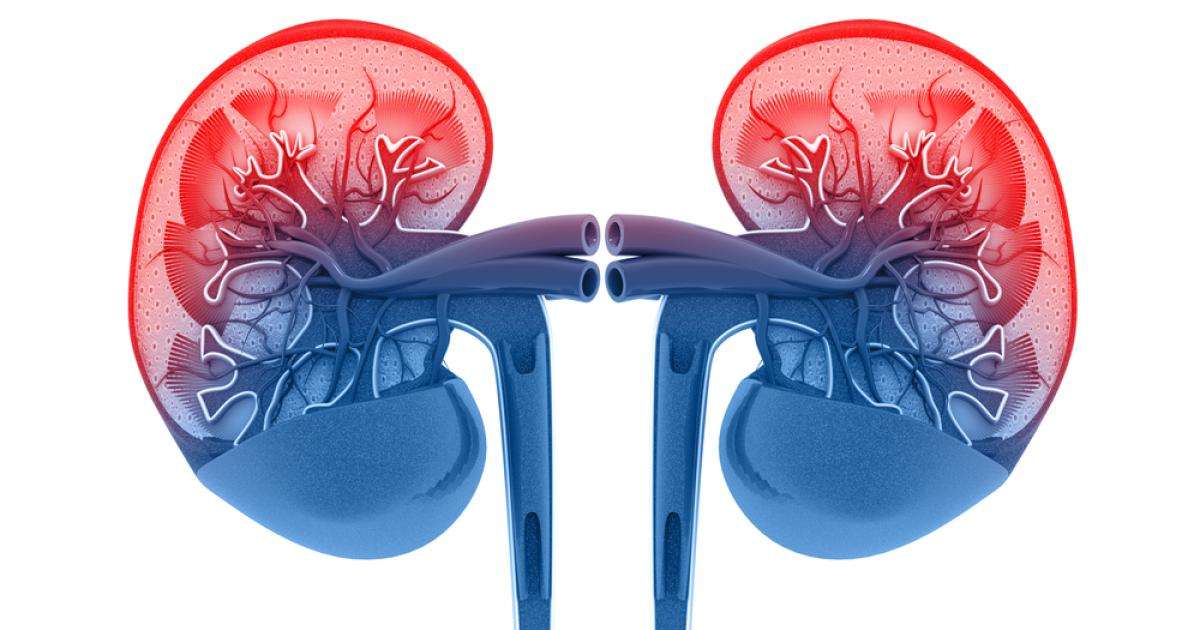Chronic kidney diseases are commonly observed worldwide. The bad news is that it remains asymptomatic most of the time, but it is better late than never. So, whenever the disease produces symptoms, one should aim to get rid of it as soon as possible. It remains asymptomatic or the symptoms are usually ignored by most of us. The reason is that other diseases commonly share the symptoms. Chronic kidney disease treatment in ayurveda provides a long term relief to kidney patients by removing and curing the reasons for the disease.
What are the first signs of kidney problems?
Knowing the early signs and symptoms of kidney disease would always be better. We may not have any signs or symptoms in the early stages of kidney disease. But, as and when your kidneys work less than usual, symptoms may start occurring. In the later stages of kidney disease, one can quickly identify the signs:
- Anorexia
- Breathlessness
- Oedema of feet and ankles
- Frequent muscle cramps
- Feeling nausea and vomiting
- Itching on the body
- Interrupted Urination
- Insomnia or Trouble sleeping

How to know your CKD stage and test results?
If you can identify the symptoms, then one should confirm it with other tests. When you suffer from CKD, it is always better to know what stage you are in and what is the cause of your kidney disease. Your doctor would suggest some tests to determine your kidneys’ functioning. These tests include:
Physical Examination includes assessments like blood pressure, height, weight, etc. Some other examinations are also done.
Blood tests: These tests help find how well your kidneys work. This can be done by measuring the amount of waste in your blood. This waste, such as creatinine and urea, should usually be filtered out by your kidneys. One must also assess blood sugar, cholesterol and electrolytes like potassium and sodium.
Urine (pee) tests: Malfunctioning kidneys cannot do the filtering process properly. One should also assess the number of proteins present in your urine. A high level of albumin is a significant sign of CKD.
Imaging tests: your doctor may also ask for imaging tests for you. These may be a CT scan or MRI to look into your kidneys.
Kidney biopsy: A biopsy is a micro-surgical procedure. Here your doctors scrape out a small piece of your kidneys to observe it under the microscope.
The results of these tests will reveal the following:
- The amount of damage to kidneys
- Your eGFR shows how well the kidney’s filtration process.
- Clears the picture of what may cause your kidney disease.
Blood tests for GFR
Your blood tests also reveal your kidney functions. The results of the test can be summarised as:

Creatinine
Creatinine is a waste product present in the body. It is from the breakdown of creatine protein present in muscles. Kidneys remove creatinine from your blood. The amount of creatinine in your blood is used to estimate your GFR. When your kidneys don’t function properly, the creatinine level increases.
Urine Test for Albumin
Suspecting you are at risk for kidney disease, your doctor may also check your urine for albumin.
Albumin is a protein typically found in your blood. A healthy kidney limits the albumin from passing into the urine. At the same time, a damaged kidney is indicated by the presence of albumin in the urine. The fact of less amount of albumin in your urine suggests better kidney health. There are also certain conditions where the amount of proteins in urine is in excess amounts. A state with a large amount of albumin in the urine is “albuminuria”.
Your doctor will check for albumin in your urine in two ways:

Dipstick test for albumin. Here urine is analysed for the presence of albumin. In this test, a provider places a chemically treated paper strip, called a dipstick, into the urine. The change in colour of the dipstick is co-related with the amount of albumin present in the urine.
Urine albumin-to-creatinine ratio (UACR). This test indicates a ratio. It compares the amount of albumin with the creatinine in your urine sample. Doctors use the UACR to estimate how much albumin would pass into the urine over 24 hours. Urine albumin as:
- 30 mg/g or less is normal
- >30 mg/g indicates kidney disease
With the presence of albumin in your urine, your doctor may ask you to repeat the urine test one or two more times to confirm the results. It will help the nephrologist determine the treatment that is best for you. When the urine albumin levels start to go down, treatments are working.

CKD and its treatment in Ayurveda
Whatever way home remedies for chronic kidney disease is diagnosed, the main aim is to treat the condition. Ayurveda uses the old “ Nadi Pariksha” method to assess the presence of illness. This can be re-confirmed with the pathological tests described above. The allopathic medicine system provides symptomatic relief to chronic kidney patients, but Ayurveda can root out the disease and be more beneficial to kidney patients. KidneyXpert has been providing comfort to a large number of kidney patients for more than 80 years. Chronic kidney disease medicines in ayurveda cleanses your organs systems, cures the disease and then provides strength to it.

